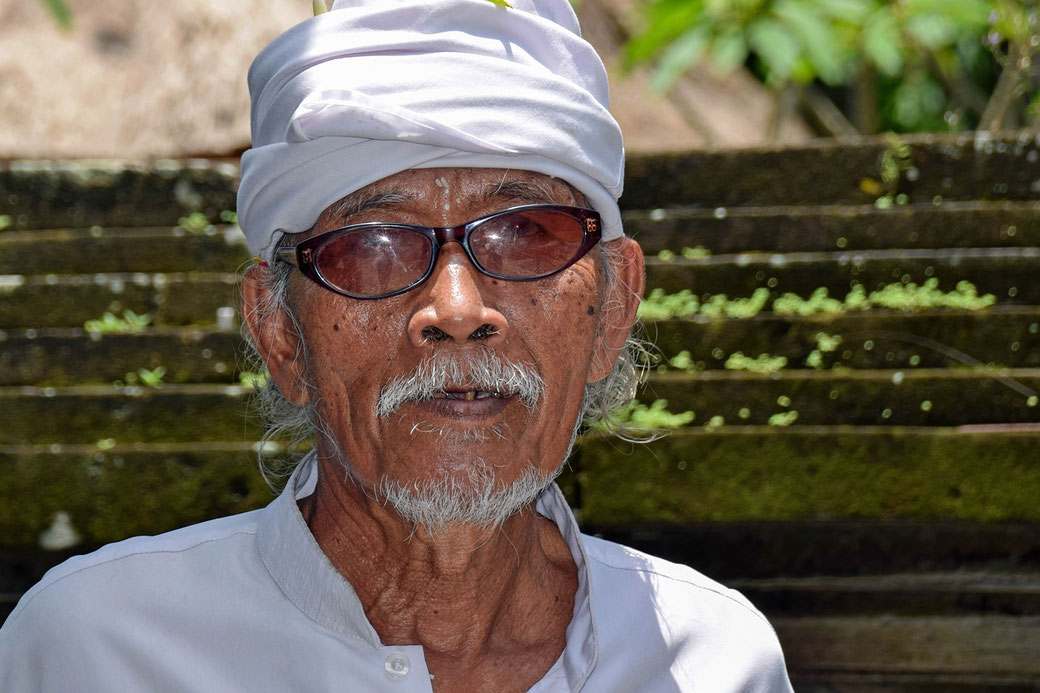piodalan
The Piodalan ceremony is a Hindu ritual that is conducted to celebrate the anniversary of a temple's consecration. Balinese Hindus believe that temples need to be consecrated periodically to renew the spiritual energy and connection with the deities.
Frequency: Piodalan ceremonies are held annually or biannually, depending on the temple and its tradition. The specific date for each temple's Piodalan is determined according to the Balinese calendar, which is a lunar calendar.
Purpose: The primary purpose of the Piodalan ceremony is to honor and express gratitude to the temple deities for their blessings and protection. It is believed that through this ceremony, the spiritual energy of the temple is renewed, and the connection between the divine and the physical world is reinforced.
Preparations: The preparations for a Piodalan ceremony can be extensive and involve various tasks. These tasks may include cleaning and decorating the temple, making offerings, preparing traditional Balinese dance performances, and organizing rituals and prayers.
Offerings: Offerings play a crucial role in the Piodalan ceremony. Balinese Hindus create elaborate offerings known as "canang sari," which consist of flowers, fruits, rice, and other symbolic items. These offerings are placed on shrines and altars as a gesture of devotion and respect to the deities.
Rituals and Performances: Piodalan ceremonies involve various rituals performed by the temple priests and participants. These rituals include prayers, blessings, purification ceremonies, and traditional dance performances. Balinese dances, such as the Barong dance and Legong dance, are often showcased during these ceremonies to entertain the deities and the attendees.
Community Involvement: Piodalan ceremonies are community events that involve the participation of the local villagers. The entire community comes together to contribute to the preparations, perform rituals, and take part in the festivities.
Dress Code: Attendees are expected to dress in traditional Balinese attire during the ceremony. This includes wearing sarongs and sashes, which are essential parts of Balinese dress etiquette.
Tourism Impact: Bali's unique culture and religious practices, including ceremonies like Piodalan, have also attracted tourists interested in experiencing the island's spiritual and artistic aspects. However, it's important for tourists to be respectful and mindful when observing or participating in such ceremonies.
comments
Do you have some additional information about this ceremony or do you want to share your own experience about this ceremony? Please feel free to share them in the comments below. Your insights will benefit other readers visiting this page.



